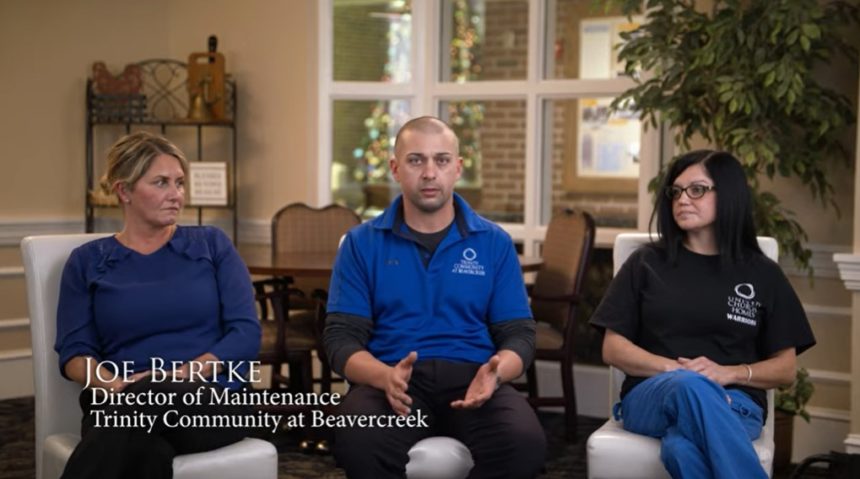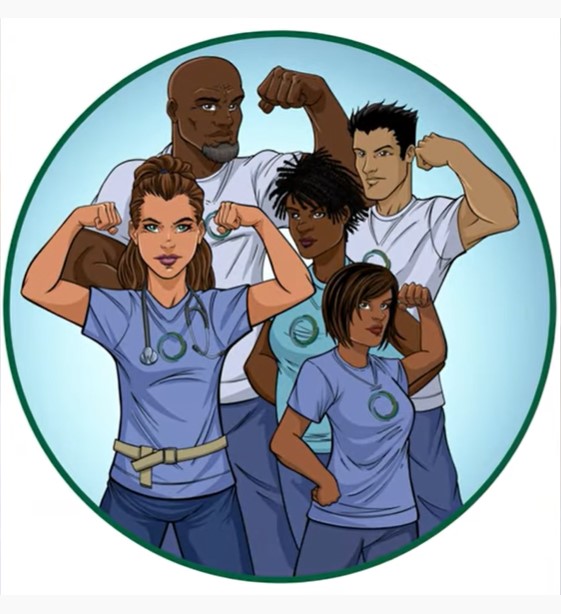
Stepped up communication and an investment in staff members were among the best practices and “things we did right,” during the pandemic, a senior living executive said Monday during a LeadingAge member call.
Last fall, several months into the pandemic, Terry Spitznagel, senior vice president and chief growth officer for United Church Homes of Marion, OH, said the provider recognized what its staff members were feeling and that they needed to tell their story.

Using an outside videographer, United Church Homes captured 10 hours of video from staff members sharing what they were going through during the pandemic. The footage was edited down into a 27-minute “We Are Warriors” documentary to tell the COVID-19 story of United Church Homes.
“It’s really important for our frontline voices to be heard, to be recognized and to be appreciated,” Spitznagel said. “Now that the rest of the world is opening up, we still need to care for their heads and their minds as they start to come out and understand what they experienced. There was a lot of grief and a lot of loss. We want to be there for our workforce and each other.”
Spitznagel said the idea for the video came during a Zoom update call, when representatives for one participating company said its people were going to fight the pandemic together and be “warriors” for residents.
“That just turned the needle for us. As opposed to being victims, we were going to be above it and we were going to fight it,” Spitznagel said. “Our calling was to protect our residents and that was what we were going to do.”
Keeping communication lines open
Keeping lines of communication open for residents and staff also was key to getting through the pandemic, she said.
United Church Homes established a virtual visitor guide program, hiring a full-time staff member to assist residents with technology to communicate with their families. In addition to scheduling visits, the guides provide technical support for residents new to FaceTime, Skype or Google Duo.
“We realized if we were not communicating quickly, that we were losing people,” Spitznagel said. The provider, she added, will continue the program post-pandemic to educate residents on how to use the technology for everything from telehealth visits to communicating with families.


